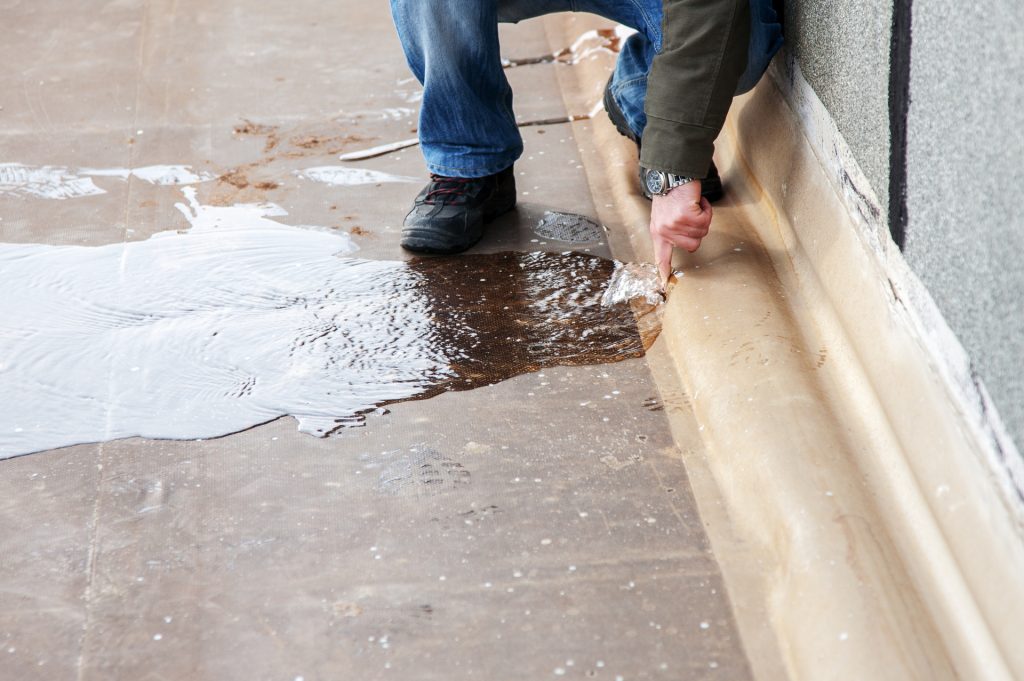Have you ever heard of a slab leak? It’s not a term that comes up often in everyday conversation, but understanding what it is and how to deal with it can save you from significant headaches down the road. This comprehensive guide will give everything you need to know about slab leaks in Evanston, including what they are, how to spot them, what causes them, the risks of ignoring them, and crucial prevention tips.
What Is a Slab Leak?
A slab leak occurs within the water lines running beneath the concrete foundation of a building, typically in homes with a slab foundation. These leaks can occur in hot or cold water lines and may lead to water seeping into the foundation, causing damage over time. Because they are located beneath the concrete slab, they can be challenging to detect and require professional intervention to repair.
Signs of a Slab Leak
Detecting a slab leak early is key to preventing extensive damage. Look out for the following signs that may indicate a slab leak:
- Increased Water Bills: A sudden spike in your water bills without a corresponding increase in usage could indicate a hidden leak.
- Water Puddles: If you notice unexplained puddles or wet spots on your floors, especially near the perimeter of your home, it could be a sign of a slab leak.
- Low Water Pressure: Decreased water pressure in your faucets or shower heads may signal a leak in the water lines.
- Mold or Mildew: Excessive moisture from a slab leak can lead to mold or mildew growth, particularly in areas with poor ventilation.
- Cracks in Walls or Flooring: Water from a slab leak seeping into the foundation can cause cracks to appear in walls or flooring.
What Causes Slab Leaks?
Several factors can contribute to the development of slab leaks:
- Poor Construction: Inadequate installation of water lines or substandard materials can increase the likelihood of leaks.
- Earth Movement: Shifting soil or seismic activity can pressure water lines, leading to leaks over time.
- Water Corrosion: Water’s chemical composition can cause pipes to corrode and weaken, eventually leading to leaks.
- Older Homes: Aging plumbing systems are more prone to leaks and other issues, making regular inspections essential.
How to Prevent Slab Leaks
While some factors contributing to slab leaks may be beyond your control, there are steps you can take to reduce the risk:
- Regular Inspections: Schedule annual inspections of your plumbing system, including the water lines beneath your home, to detect and address potential issues early.
- Monitor Water Usage: Monitor your water bills and usage patterns. A sudden increase in water consumption could indicate a leak.
- Maintain Proper Drainage: Ensure that your home’s drainage systems, such as gutters and downspouts, function correctly to prevent water pooling near the foundation.
- Monitor Soil Moisture: Periodically check the moisture levels around your home’s foundation. Excessive moisture could indicate a leak or poor drainage.
- Address Plumbing Issues Promptly: If you notice any signs of a potential leak, such as low water pressure or unexplained water puddles, contact a professional plumber immediately for assessment and repairs.
By staying vigilant and addressing plumbing issues promptly, you can minimize the risk of slab leaks and protect your home from costly damage.
For expert plumbing service, installations, or maintenance, contact Reliance Plumbing Sewer & Drainage, Inc. Our knowledgeable plumbers serve the North Shore and Northwest Chicago suburbs. Rely on Reliance!

